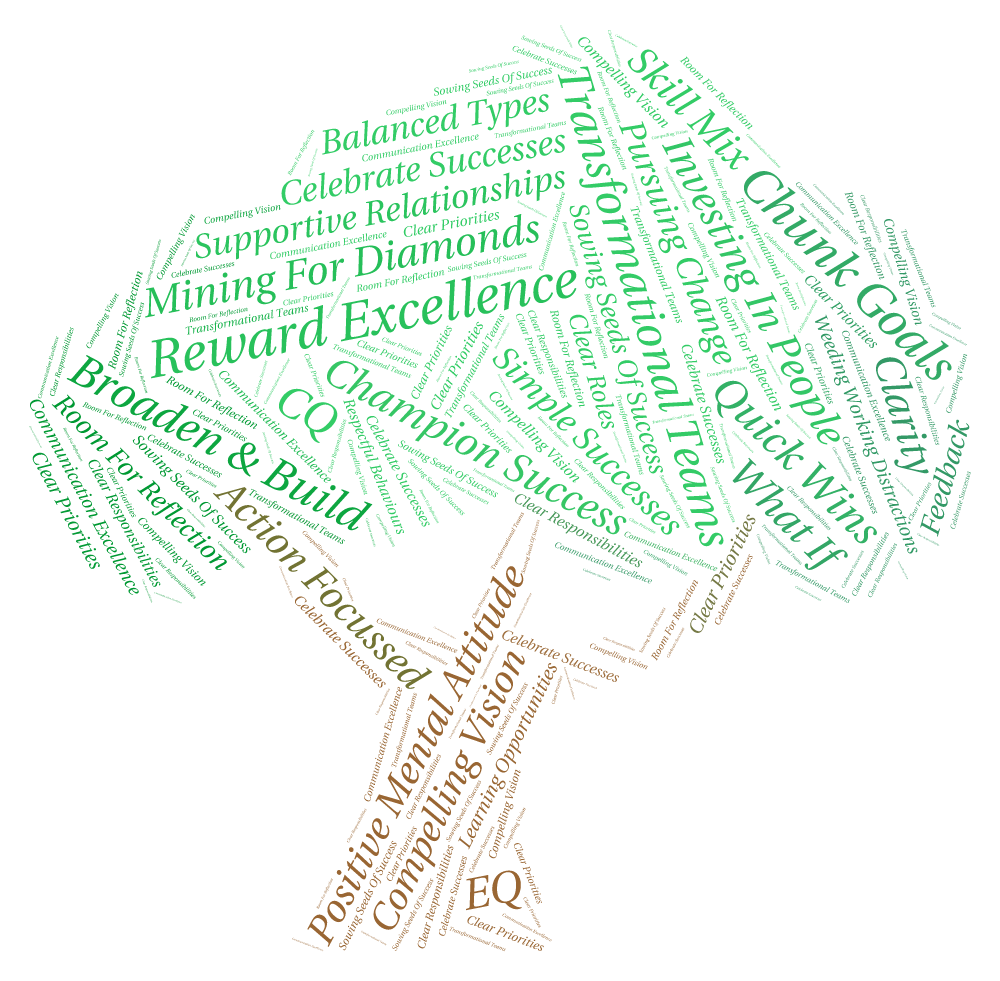The 5 Stages of Grief
I'm inspired to write this post today, by a discussion on Question of the Day on our Facebook Page yesterday https://www.facebook.com/coachinginpartnership . Realising that loss & grief can still affect us even once much time has past. It led me to think back on a death in my family that created chaos in relationships of the living. Time has healed some of those relationships but not others. What makes that difference?
Elsabeth Kubler-Ross in her 1969 book “On Death and Dying.” noted that there appear to be 5 Stages of Grief for a 'good death' ( she also later in life extended this to relate to any loss ~ loss of a relationship, loss of an addiction, loss of job etc ). Highlights from the book are below ...
1. Denial and Isolation
The first reaction to learning of terminal illness or death of a cherished loved one is to deny the reality of the situation. It is a normal reaction to rationalize overwhelming emotions. It is a defense mechanism that buffers the immediate shock. We block out the words and hide from the facts. This is a temporary response that carries us through the first wave of pain.
2. Anger
As the masking effects of denial and isolation begin to wear, reality and its pain re-emerge. We are not ready. The intense emotion is deflected from our vulnerable core, redirected and expressed instead as anger. The anger may be aimed at inanimate objects, complete strangers, friends or family. Anger may be directed at our dying or deceased loved one. Rationally, we know the person is not to be blamed. Emotionally, however, we may resent the person for causing us pain or for leaving us. We feel guilty for being angry, and this makes us more angry.
Remember, grieving is a personal process that has no time limit, nor one “right” way to do it.
The doctor who diagnosed the illness and was unable to cure the disease might become a convenient target. Health professionals deal with death and dying every day. That does not make them immune to the suffering of their patients or to those who grieve for them.
Do not hesitate to ask your doctor to give you extra time or to explain just once more the details of your loved one’s illness. Arrange a special appointment or ask that he telephone you at the end of his day. Ask for clear answers to your questions regarding medical diagnosis and treatment. Understand the options available to you. Take your time.
3. Bargaining
The normal reaction to feelings of helplessness and vulnerability is often a need to regain control–
- If only we had sought medical attention sooner…
- If only we got a second opinion from another doctor…
- If only we had tried to be a better person toward them…
Secretly, we may make a deal with God or our higher power in an attempt to postpone the inevitable. This is a weaker line of defense to protect us from the painful reality.
4. Depression
Two types of depression are associated with mourning. The first one is a reaction to practical implications relating to the loss. Sadness and regret predominate this type of depression. We worry about the costs and burial. We worry that, in our grief, we have spent less time with others that depend on us. This phase may be eased by simple clarification and reassurance. We may need a bit of helpful cooperation and a few kind words. The second type of depression is more subtle and, in a sense, perhaps more private. It is our quiet preparation to separate and to bid our loved one farewell. Sometimes all we really need is a hug.
5. Acceptance
Reaching this stage of mourning is a gift not afforded to everyone. Death may be sudden and unexpected or we may never see beyond our anger or denial. It is not necessarily a mark of bravery to resist the inevitable and to deny ourselves the opportunity to make our peace. This phase is marked by withdrawal and calm. This is not a period of happiness and must be distinguished from depression.
Loved ones that are terminally ill or ageing appear to go through a final period of withdrawal. This is by no means a suggestion that they are aware of their own impending death or such, only that physical decline may be sufficient to produce a similar response. Their behaviour implies that it is natural to reach a stage at which social interaction is limited. The dignity and grace shown by our dying loved ones may well be their last gift to us.
Taken from http://psychcentral.com/lib/the-5-stages-of-loss-and-grief/000617




